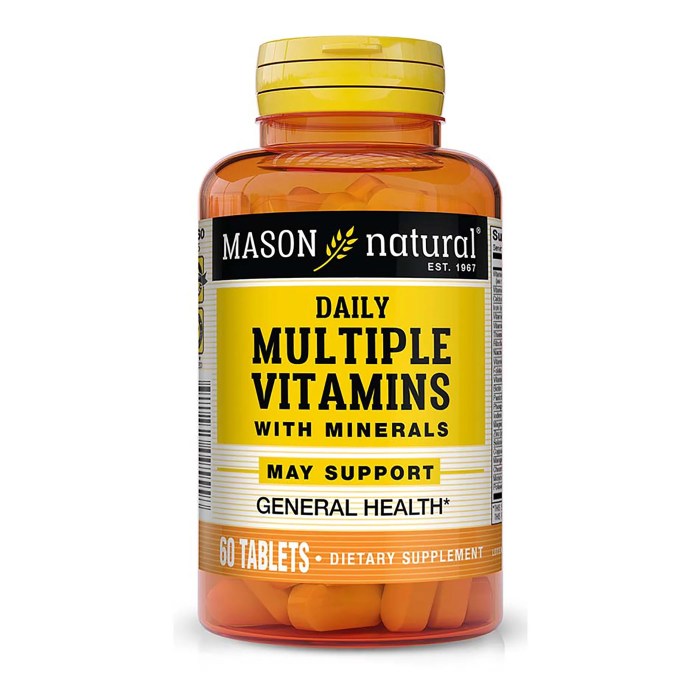When it comes to staying healthy, vitamin supplements play a crucial role in boosting overall well-being. From supporting vital bodily functions to enhancing immune system strength, these supplements can make a significant difference in one’s health journey. Let’s dive into the world of vitamin supplements and uncover their numerous benefits and considerations.
Benefits of Vitamin Supplements

Vitamin supplements play a crucial role in supporting overall health by providing essential nutrients that may be lacking in our diets. They can help bridge the gap between what we need and what we actually consume on a daily basis.
Boost Immune System
- One of the key benefits of vitamin supplements is their ability to boost the immune system. Vitamins like Vitamin C and Vitamin D are known for their immune-boosting properties, helping the body fight off infections and illnesses.
- Supplements like Zinc have also been shown to enhance immune function and reduce the duration of colds.
Support Overall Health
- Vitamin supplements can support overall health by filling in any nutritional gaps in our diets. For example, Vitamin B complex supplements can help with energy production and brain function.
- Omega-3 fatty acids, often found in fish oil supplements, can support heart health and reduce inflammation in the body.
Consult a Healthcare Professional
- It is important to consult a healthcare professional before starting any new vitamin supplement regimen. They can provide guidance on the right supplements for your specific needs and help prevent any potential interactions with medications you may be taking.
- Healthcare professionals can also help determine the correct dosage of vitamin supplements based on your age, gender, and overall health status.
Types of Vitamin Supplements
When it comes to vitamin supplements, there are two main types that you can find on the market: fat-soluble vitamins and water-soluble vitamins. Each type plays a different role in supporting our overall health and well-being.
Fat-Soluble Vitamins vs. Water-Soluble Vitamins
- Fat-Soluble Vitamins:
- Vitamins A, D, E, and K are classified as fat-soluble vitamins.
- These vitamins are stored in the body’s fat tissues and liver, allowing for a longer period of storage.
- They are best absorbed when consumed with fats or oils.
- Excessive intake of fat-soluble vitamins can lead to toxicity due to their ability to accumulate in the body.
- Water-Soluble Vitamins:
- Vitamins B and C are water-soluble vitamins that are not stored in the body.
- These vitamins dissolve in water and are excreted through urine, so they need to be consumed regularly.
- Water-soluble vitamins are easily absorbed by the body but are also easily lost through cooking and processing.
- They are less likely to reach toxic levels since excess amounts are excreted from the body.
Recommended Daily Intake and Benefits of Supplements
Supplements can help bridge the gap between our daily vitamin intake and the recommended amounts. For example, if you are not getting enough vitamin D from sunlight or vitamin C from fruits and vegetables, supplements can provide these essential nutrients in a convenient form. It is important to consult with a healthcare professional to determine the right dosage of supplements based on your individual needs.
Risks and Side Effects

Taking vitamin supplements can have potential risks and side effects, especially when not used properly. It is important to be aware of these risks to ensure your health and well-being.
Interactions with Medications
When taking vitamin supplements, it is crucial to consider possible interactions with medications. Some supplements can interfere with the effectiveness of certain medications, leading to harmful consequences. For example, Vitamin K can affect blood thinners like Warfarin, while Vitamin E can interact with statins used to lower cholesterol levels. It is essential to consult with a healthcare provider before combining supplements with medications to avoid any adverse effects.
Tips to Minimize Risks, Vitamin supplements
To minimize the risks associated with taking vitamin supplements, consider the following tips:
- Avoid taking high doses of supplements unless recommended by a healthcare provider.
- Choose reputable brands and products with third-party testing to ensure quality and safety.
- Be aware of potential interactions with medications and consult with a healthcare provider before starting any new supplement regimen.
- Follow recommended dosages and do not exceed the daily limits set for each vitamin.
- Monitor your body’s response to supplements and discontinue use if you experience any adverse effects.
Choosing the Right Vitamin Supplement: Vitamin Supplements
When it comes to selecting a vitamin supplement, there are several factors to consider to ensure you are getting the right one for your needs. From quality and dosage to form and personal requirements, making an informed decision is crucial for optimal health.
Quality Matters
- Look for supplements that are third-party tested for quality and purity to ensure you are getting a safe and effective product.
- Opt for brands that follow Good Manufacturing Practices (GMP) to guarantee the highest quality standards.
Understanding Dosage and Form
- Consult with a healthcare provider to determine the right dosage of vitamins you need based on your age, gender, and health status.
- Consider the form of the supplement – whether it’s a pill, capsule, liquid, or chewable – based on your personal preferences and ease of consumption.
Reading Supplement Labels
- Pay attention to the % Daily Value (%DV) listed on the label to ensure you are meeting your daily nutrient requirements without exceeding them.
- Check for additional ingredients, fillers, or allergens that may not be suitable for you, especially if you have sensitivities or dietary restrictions.
Determine Individual Needs
- Consider your specific health goals, such as boosting immunity, improving energy levels, or supporting bone health, when choosing a vitamin supplement.
- Take into account any existing health conditions or medications you are taking that may interact with certain vitamins before making a selection.